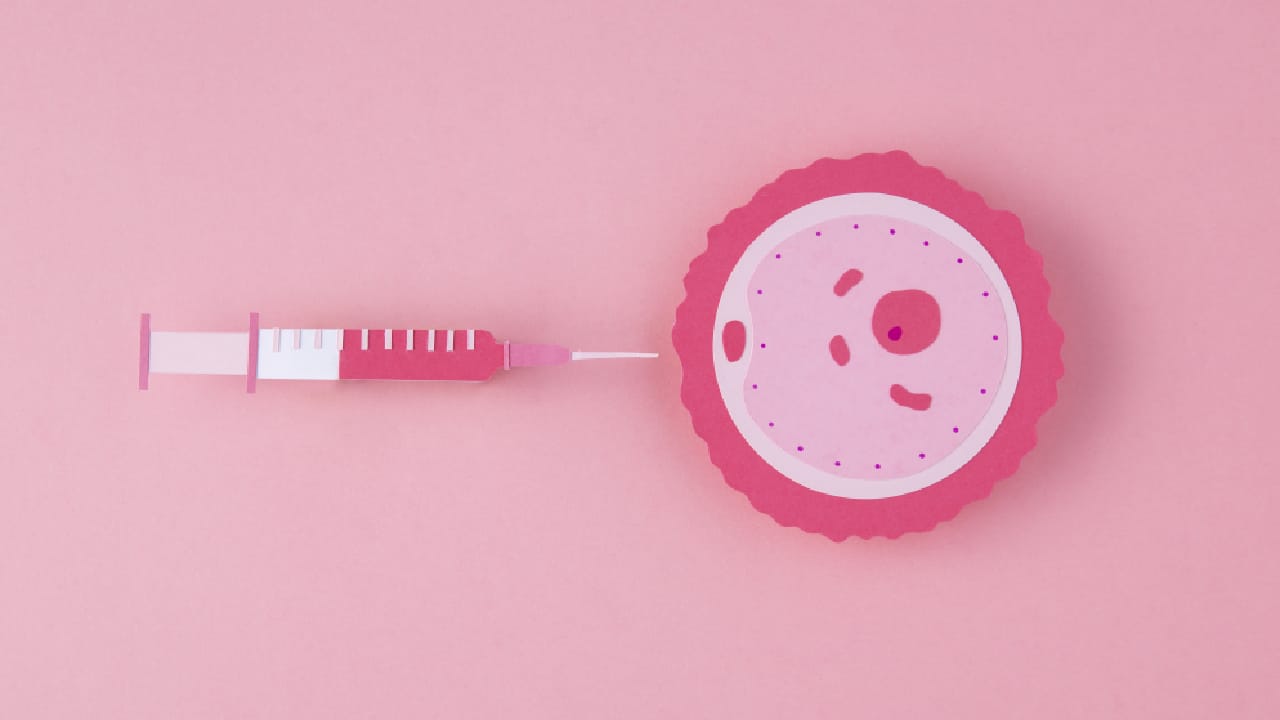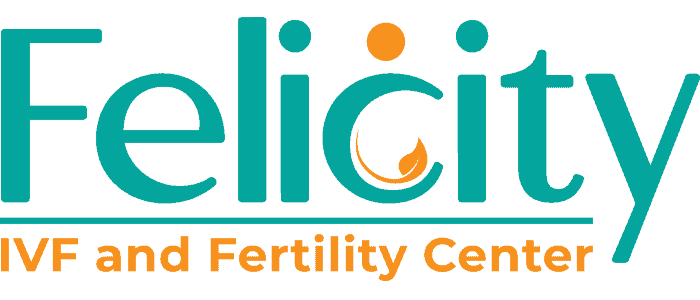Understanding the Fertility Treatments Available for Couples in Hyderabad

The pursuit of family life stands as a common aspiration among couples, even though conception difficulties might lead individuals to seek alternative paths. The available fertility treatments provide solutions to people who meet challenges during their natural attempts to have children. ARGET has enabled couples to access a variety of options through scientific medical developments. The following details provide guidelines about available treatments and help users make informed decisions regarding their search for both the “best fertility center near me” and “best fertility treatment in Hyderabad.“
What Are the Common Causes of Infertility?
Both women and men must deal with problems related to their infertility. Learning about the origins of infertility makes it possible to choose appropriate medical care.
- Male infertility: Male infertility appears when men have weak sperm production or slow sperm movement coupled with genetic disorders or results from excessive smoking or hormonal disruption.
- Female Infertility: The main causes of female infertility include disorders of ovulation and conditions such as polycystic ovary syndrome (PCOS), endometriosis, blocked fallopian tubes, and natural ageing-related fertility reduction.
- Unexplained Infertility: The root cause of infertility remains detectable in medical examinations in certain unexplained cases.
What Are the Different Types of Fertility Treatments?
When doctors understand the specific reason behind infertility, they suggest particular fertility treatments that enhance the probability of getting pregnant.
1. Ovulation Induction (OI)
- Two types of medication referred to as Clomiphene Citrate and Letrozole can stimulate ovulation within the female reproductive system.
- Suitable for women with irregular ovulation or mild hormonal imbalances.
- Doctors use timed intercourse and intrauterine insemination (IUI) as treatment methods together.
2. Intrauterine Insemination (IUI)
- The quick medical intervention involves the direct placement of sperm inside the uterus.
- Ideal for mild male infertility, cervical mucus issues, or unexplained infertility.
- The treatment enables sperm cells to travel toward the egg, resulting in better chances of conception.
3. In Vitro Fertilisation (IVF)
- One of the most effective fertility treatments.
- The fertility treatment methods begin with extracting eggs and then carrying out sperm fertilisation in a research facility laboratory before the uterus receives an embryo transfer.
- Patients with blocked fallopian tubes along with severe male infertility disorder PCOS and unexplained infertility can use this treatment.
- The procedure requires several attempts for successful outcomes.
5. Frozen Embryo Transfer (FET)
- The medical procedure applies previously frozen embryos to achieve pregnancy.
- Frozen embryo Transfer allows medical staff to skip consecutive procedures of ovarian stimulation and egg retrieval.
6. Donor Programmes
- The donor program includes eggs, sperm, and embryos that help couples with genetic conditions and weak gametes.
- The procedure serves as an efficient possibility for couples who cannot achieve conception naturally.
How to Choose the Best Fertility Treatment in Hyderabad?
The choice of appropriate treatment depends on a combination of the following conditions:
- Age and Medical History: The medical success rates for couples tend to rise as they grow younger.
- Cause of Infertility: Infertility diagnosis through testing leads professionals toward selecting suitable treatment options.
- Budget and Affordability: IVF demands multiple treatment cycles because it carries costs that exceed some budgets.
- Emotional Preparedness: The physical and mental challenges of fertility treatments require emotional readiness from patients.
People searching for the “best fertility center near me” need to look at facilities with high success rates combined with well-experienced specialists as well as multiple treatment options.
What Are the Success Rates of Fertility Treatments?
The achievement chances of different procedures depend on personal medical conditions.
- IUI: 10-20% success per cycle.
- IVF: The success rate for IVF amounts to 40-50% when performed in younger women but diminishes when used on individuals in later life stages.
- ICSI: The success rates of ICSI therapy match those of IVF, with specific advantages when treating men with fertility issues.
- FET: The success rates of FET treatment vary from 30 to 50 percent depending on the quality of the embryos.
What to Expect During Fertility Treatment?
Different success outcomes among fertility treatments can be achieved through lifestyle modifications together with stress reduction methods and immediate medical treatments.
- Initial Consultation: Medical history details, together with diagnostic tests, are performed as part of the initial consultation procedures.
- Treatment Planning: Medical treatment selection depends on the identified diagnosis because doctors base their recommendations on appropriate treatment options.
- Medication and Monitoring: The treatment calls for prescribed hormones either through intrauterine or oral administration. Patients also require monitoring during this phase.
- Procedure: The treatment dictates which procedure will take place either as IUI or IVF.
- Follow-up: Routine monitoring throughout the process guarantees the most optimal results.
Where Can You Find the Best Fertility Treatment in Hyderabad?
The search for an approved fertility clinic plays a vital role in achieving treatment success. As a premier fertility and infertility treatment facility, Felicity IVF & Fertility Center in Hyderabad delivers personalized treatment plans for each patient. Felicity provides the highest quality fertility care in Hyderabad by incorporating cutting-edge technology with skilled experts in a patient-focused treatment model.
The “best fertility center near me” search leads to Felicity IVF & Fertility Center because of its successful outcomes together with its moral standards and customised treatment approach. Olders can contact our office now for their future consultation to start the parenthood journey.
Felicity IVF: Best Fertility Treatment in Hyderabad
The process of selecting appropriate options requires complete awareness of available treatment options. Your success depends on seeking correct advice about both ovulation induction and advanced procedures, including IVF and ICSI. At Felicity IVF & Fertility Center, we make sure you will receive top-level fertility care and the newest reproductive technologies that optimise your chances of success when seeking the best fertility treatment in Hyderabad. Today is the beginning to achieve your dream of parenthood.
FAQS
The best fertility treatment in Hyderabad includes IUI, IVF, ICSI, FET and donor programs. Clinics like Felicity IVF offer personalised treatment plans based on medical history, age, and fertility conditions.
To find the best fertility center near me, consider clinic success rates, advanced technology, expert specialists, and patient reviews. Felicity IVF in Hyderabad offers cutting-edge fertility solutions with a patient-focused approach.
The success rates of fertility treatment in Hyderabad depend on age and procedure. IUI has a 10-20% success rate, IVF/ICSI 40-50%, and FET 30-50%. Felicity IVF provides expert care to enhance fertility outcomes.
